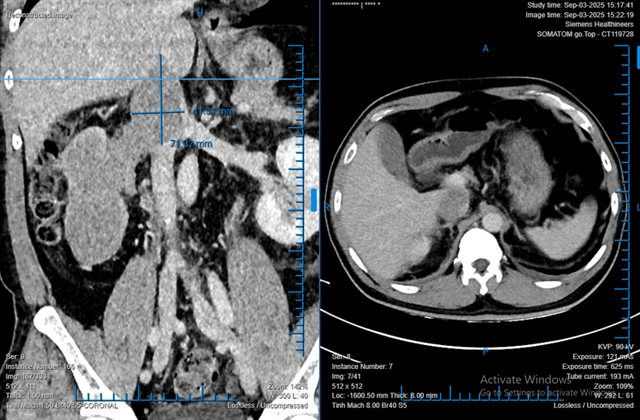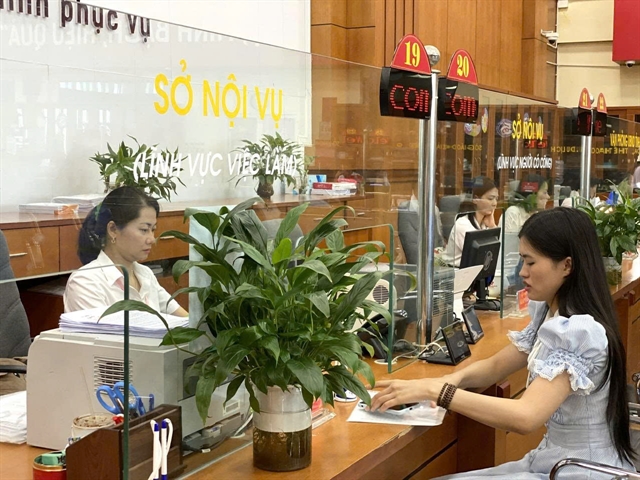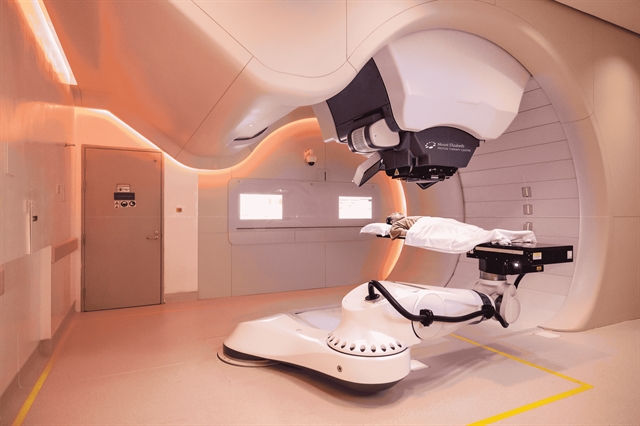 Economy
Economy
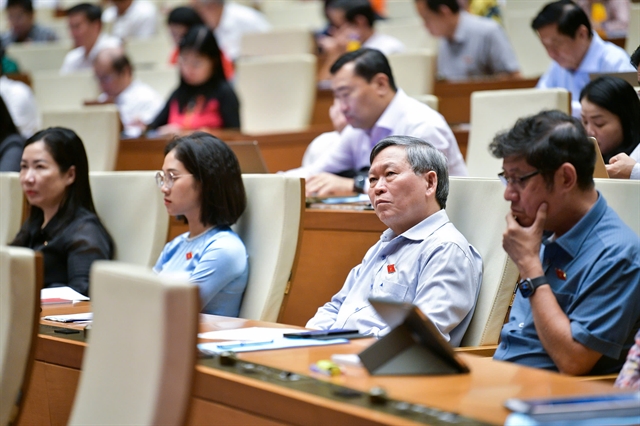
The Vietnamese economy may not fulfill the Government’s target of 6.7 per cent set for the full year, given uncertainties in the global economy such as Brexit’s impact and the Fed’s rate hikes coupled with slowdown in domestic industrial production, economists said.
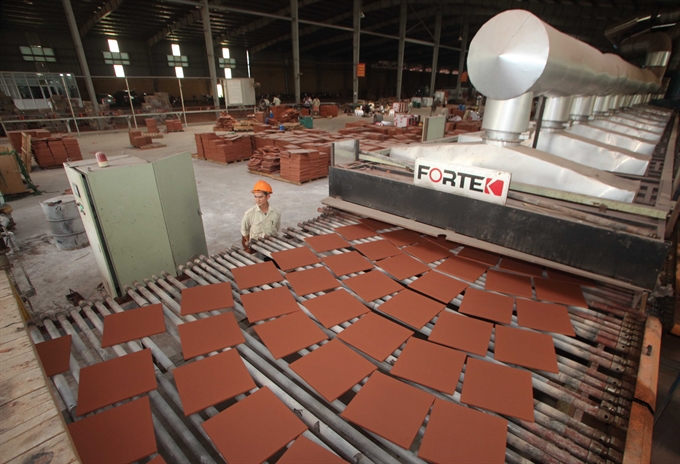 |
| Bricks being produced at Ngôi Sao Bắc Giang Joint Stock Company in northern Bắc Giang Province’s Lang Giang District. Experts forecast economic growth this year at 6 per cent, lower than the Government’s 6.7 per cent target. – VNA/VNS Photo Trần Việt |
HÀ NỘI – The Vietnamese economy probably not fulfill the Government’s target of 6.7 per cent set for the full year, given uncertainties in the global economy such as Brexit’s impact and the Fed’s rate hikes coupled with slowdown in domestic industrial production, economists said.
The economic growth could be at 6 per cent or even lower this year, Nguyễn Đức Thành, director of the Việt Nam Institute for Economic and Policy Research (VEPR), said at yesterday’s conference to release its report on the Vietnamese macro-economy in the second quarter. “The target of 6.7 growth is likely to be beyond reach,” Thành said.
After disappointedly expanding at 5.52 per cent in the first half of this year, economists said that the economy must grow at 7.6 per cent in the second half to fulfill the Government’s target, which Thành said was “impossible”.
Thành said the Government should review the economic growth target, adding that insistence on high economic growth might inflame macroeconomic instabilities and the costs would be much heavier.
Thành in the report noted that Việt Nam should attach greater attention to inflation pressure which could return in the second half of this year due to recovery of commodities prices in the global market coinciding with hikes in prices of several services in the domestic market. The target of 18-20 per cent credit growth could threaten efforts of controlling inflation, he said.
Experts at the conference said that Việt Nam should lower its economic growth forecast to avoid macro-economic instabilities.
While it would take time to see effects from the Government’s efforts of improving the business climate and policies of promoting the private sector to the economy, if Việt Nam was still determined with a high economic growth, it must use short-term stimulus measures such as increasing public investment and loosening credits, Thành said.
“Investment-driven growth could be dangerous”, expert Vũ Đình Ánh said.
In addition, the idea of mobilising idle gold held among people, estimated at around 500 tonnes, was threatening to erase anti-goldisation and anti-dollarisation efforts and fuel market instability, economic expert Lưu Bích Hồ said at the conference.
“What should be done is to improve business climate to encourage private enterprises to expand business and production rather than keep in safety boxes,” Hồ said.
Hồ also noted that budget tension was also among risks for macro-economic instability.
VEPR’s report suggested that the divestment of State capitals out of State-owned enterprises must be hastened to enrich State coffers.
The report also noted that Taiwanese Hưng Nghiệp Formosa Hà Tĩnh Steel Corporation causing the massive fish deaths in four central Vietnamese provinces in the past few months rung alarm bells for Việt Nam to revise its economic growth model at both central and local levels. - VNS

